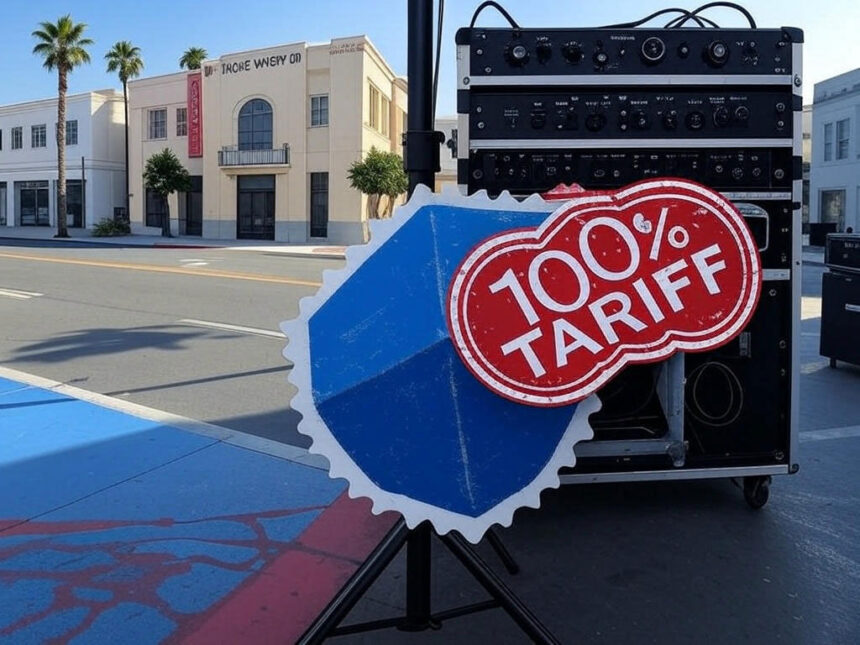Just when Hollywood thought its biggest battles were over streaming residuals and AI, Donald Trump lobbed a Molotov cocktail into the fray. His tweet—ordering 100% tariffs on all films shot outside the U.S.—is either a masterstroke of economic patriotism or a logistical nightmare waiting to implode.
The Policy: Can It Even Work?
Trump's tweet (since flagged by X for “context needed”) claims foreign-shot films are a “national security threat.” But here's the catch: tariffs don't materialize by presidential decree alone. The U.S. Trade Representative and Commerce Department must greenlight it—a process fraught with legal and bureaucratic hurdles.
Key questions left unanswered:
- Does this apply to all films released in the U.S., including indie co-productions?
- How would streaming platforms like Netflix, which films globally, be affected?
- What defines a “foreign-shot” film? If a Marvel movie films 10% in the UK, does it trigger the tariff?
The Real Target: Runaway Productions
Hollywood's been hemorrhaging shoots to Canada, the UK, and Australia for decades—lured by tax incentives and lower costs. California's film tax credit program has tried (and often failed) to compete. Trump's move mirrors his 2017 trade war tactics, but with a twist: he's weaponizing tariffs to force studios back onto U.S. soil.
Historical context:
- 2017: Trump threatened NAFTA renegotiations, spooking productions in Canada.
- 2020: The UK's film tax relief hit a record £1.07 billion, while California scrambled to keep Top Gun: Maverick from leaving.
The Voight Factor: A Hollywood Whisperer?
Timing is suspicious. Days before Trump's tweet, actor Jon Voight (his self-styled “Hollywood envoy”) reportedly met with studios and guilds to discuss federal incentives. Was this tariff threat a stick to Voight's carrot—or a rogue escalation?
Industry Fallout: Compliance or Court?
Studios have two options:
- Cave: Shoot domestically, absorb higher costs, and pray for federal tax breaks.
- Sue: Argue the tariff violates trade agreements (like USMCA) or First Amendment protections.
Wildcard: Streamers like Amazon and Apple, with deep pockets and global pipelines, could fight hardest.
A High-Stakes Bluff?
Trump's policy might be more theater than threat—a negotiating ploy to extract concessions. But if enforced? Hollywood's globalization could hit a wall. Either way, the next act in this drama won't be shot on location. It'll play out in courtrooms and congressional hearings.














